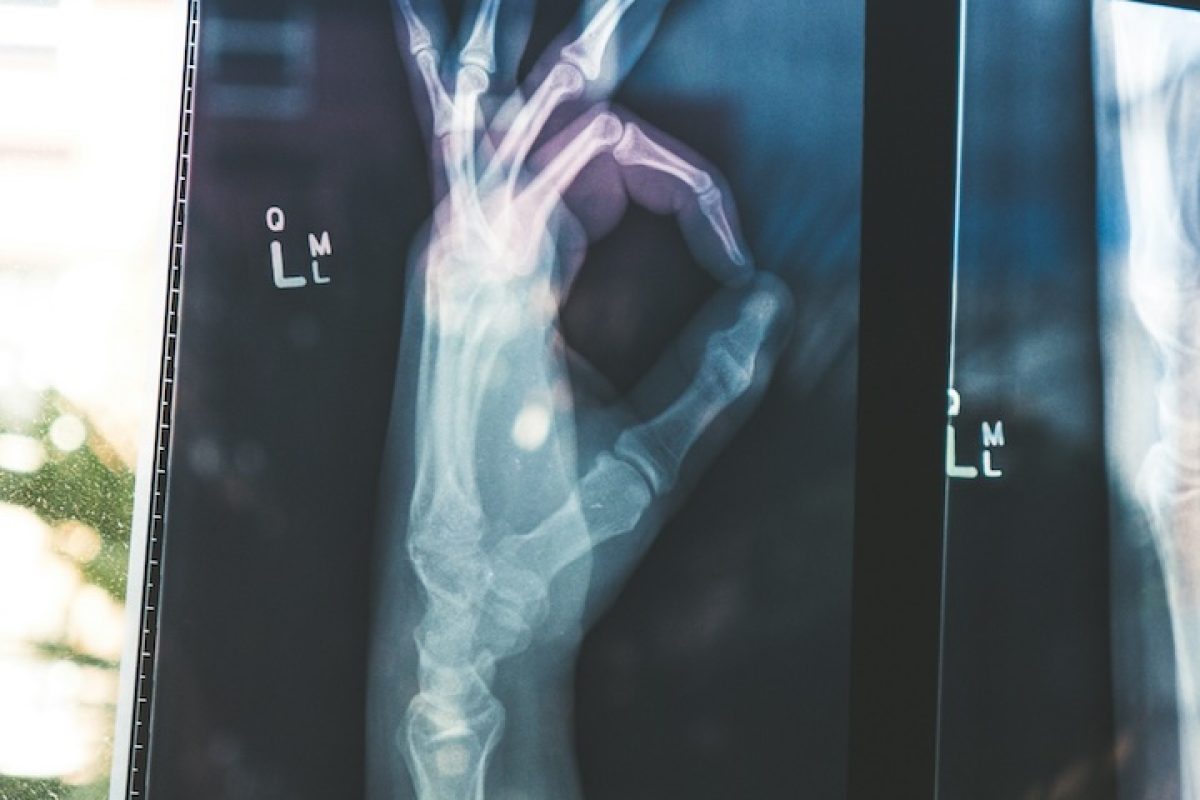The DBDS Education Committee undertook a “Curriculum Review Project” that culminated in a published review about graduate curriculum in Biomedical Data Science. Read it ahead of print here: https://www.annualreviews.org/content/journals/10.1146/annurev-biodatasci-090624-022951. The full publication will be available in August. Authors: Christine Y. Yeh, Dennis P. Wall, Karen Matthys, Chiara Sabatti, and Julia A. Palacios.
AI Frontiers of Healthcare and Medicine Summit delivers exciting opportunity for collaboration between industry, biopharma, and DBDS
In an rousing event that connected industry leaders from biopharma, consulting, tech, and start-up companies with Stanford faculty, postdocs, and students from the Department of Biomedical Data Science (DBDS), the future for research in the AI sphere felt limitless.
Read more here: https://dbds.stanford.edu/ai-frontiers-of-healthcare-and-medicine-summit/
More than three-quarters of the AI software cleared by the Food and Drug Administration for medical use is designed to support radiology practice, says Curtis Langlotz, a radiology professor at Stanford University and president of the Radiological Society of North America’s board of directors.
“AI is not a better kind of intelligence, it’s a different kind of intelligence,” Langlotz says. “A human plus a machine is better than either one alone. I would say that has been true since I began studying AI in the 1980’s, and it continues to be true today.”
Read more here: https://wapo.st/4jk7cmB
We are excited to announce the opening registration website for the 8th Stat4Onc Annual Symposium, which will take place May 16-17, 2025, at Stanford University, Stanford, CA, USA.
The Stat4Onc Annual Symposium is an NCI sponsored conference that fosters interdisciplinary discussions between clinical and quantitative scientists on cancer clinical trials. Researchers from academia, industry, and regulatory agencies are invited to share their latest research, explore novel ideas, and collaborate on solutions for enhancing trial design, drug development, and patient care.
Find more details here: The Stat4Onc Annual Symposium
Five short courses are offered on May 15 and May 18. Please visit registration link for short course registration fees.



